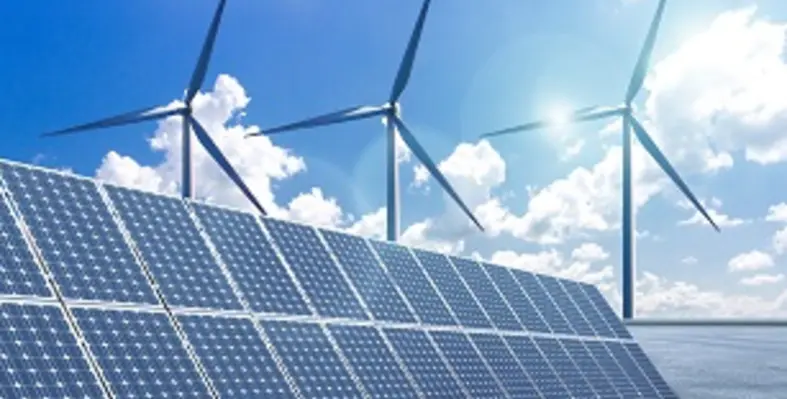The Environment Agency, Abu Dhabi (EAD), in partnership with the Department of Energy (DoE), is leading a fundamental shift in Abu Dhabis energy mix to achieve significantly lower carbon emissions in the Emirate
This will be achieved through new regulations aimed at generating 60% of Abu Dhabi’s electricity from clean and renewable sources by 2035, in line with the UAE’s journey to deliver carbon neutrality by 2050. There are also targets for a 75% reduction in carbon emissions per MWh produced by the electricity sector.
The DoE’s ‘Clean Energy Strategic Target 2035 for Electricity Production in Abu Dhabi’ regulatory framework is the first legally binding clean and renewable energy target in the Middle East for the electricity sector. It forms part of an ongoing energy transition to accelerate the UAE’s decarbonisation and green growth efforts.
Her Excellency Dr. Shaikha Salem Al Dhaheri, secretary general of EAD, unveiled the new regulations with DoE chairman, His Excellency Awaidha Murshed Al Marar at a press briefing at COP27 in Egypt.
HE Al Dhaheri said, “The target to produce 60% of all electricity using clean sources by 2035 is an important step towards meeting UAE’s Net Zero aspirations by 2050. Planned investment of billions of dirhams in clean energy infrastructure will be transformative in helping us transition to a low carbon economy with positive environmental and social outcomes.”
HE Al Dhaheri indicated that the new regulations would contribute to enhancing the efforts made by EAD within the framework of its commitment to the UAE government’s sustainability vision. She added that the EAD is leading a set of framework initiatives to reduce the impact of climate change, including the preparation of the climate change policy for Abu Dhabi and a comprehensive strategy for 2023-2027.
Her Excellency also announced that EAD is developing a Nexus decision support system that would allow Abu Dhabi to achieve policy coherence between water, environment, energy and food. The project would be implemented with the participation of the key custodians of these sectors. This pioneering initiative aims to support the Government of Abu Dhabi in achieving more sustainable utilisation of the natural resources of the Emirate, improved water, energy, and food security and more cost-effective projects and efficient management in the relevant sectors.
Al Dhaheri noted that in the same context, EAD was developing a scheme in which the emissions and trading ceilings would be determined. The feasibility of implementing the system at the state level is being studied to ensure competitiveness and sustainability. To complement this scheme, there would be existing voluntary programmes, such as the electronic platform for trading carbon credits on the Abu Dhabi Global Market.
Additional enablers that will help achieve the 2035 target:
• Solar power plant site map
• Capacity requirements for energy storage
• Transmission and distribution grid enhancement
• Flexible natural gas system
• Electric vehicle (EV) readiness & vehicle-to-grid technology
• Hydrogen production








